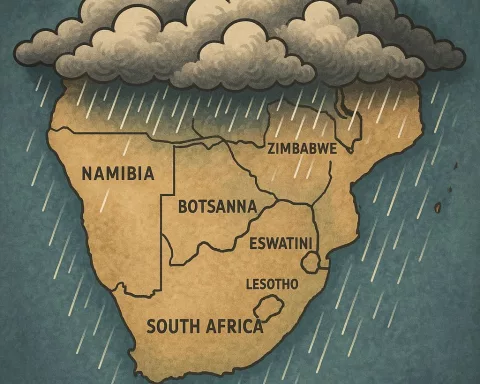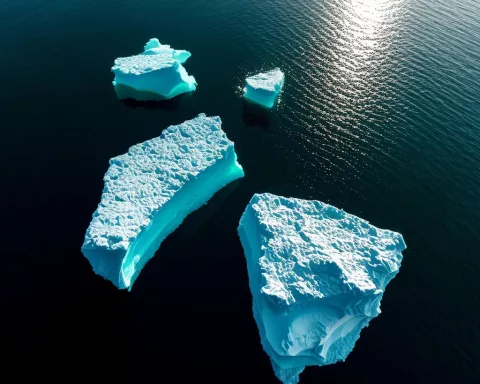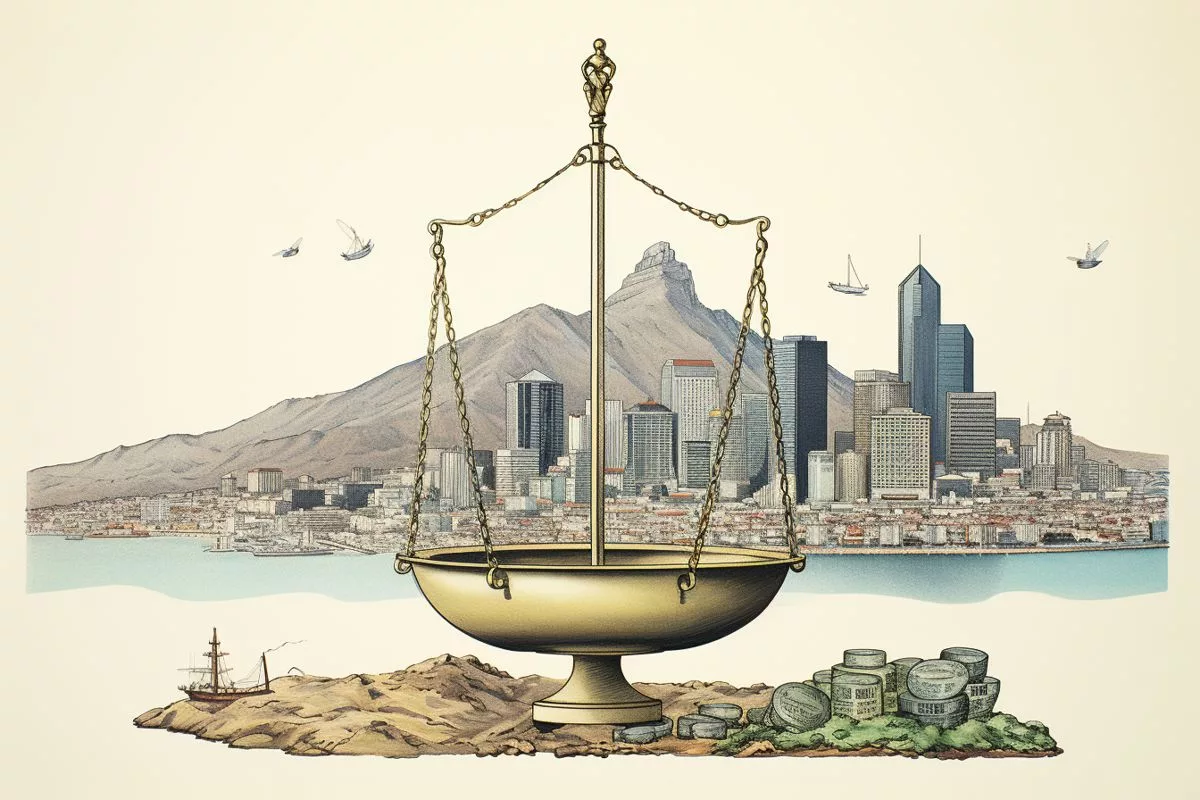CBAM is a carbon tax that the European Union plans to apply to imports of commodities like steel, cement, and electricity, which could significantly increase the costs of exporting these goods to the EU and harm developing economies. The Speaker of the National Assembly of South Africa has expressed concerns that CBAM could be discriminatory and a trade barrier, hindering global cooperation in mitigating the effects of climate change. Ms. Nosiviwe Mapisa-Nqakula highlighted the necessity for enhanced parliamentary oversight and urged other delegations at COP28 to support their respective governments’ efforts in mitigating the effects of climate change.
What is CBAM and how does it impact emerging economies?
The Carbon Border Adjustment Mechanism (CBAM) is a carbon tax that the European Union (EU) plans to apply to imports of commodities like steel, cement, and electricity. This mechanism could harm developing and underdeveloped economies, as it could significantly increase the costs of exporting these goods to the EU. The Speaker of the National Assembly of South Africa has expressed concerns that CBAM could be discriminatory and a trade barrier, hindering global cooperation in mitigating the effects of climate change.
The European Union and CBAM
The European Union (EU) has initiated a novel and praiseworthy approach to tackle climate change known as the Carbon Border Adjustment Mechanism (CBAM). However, this mechanism could potentially have harmful consequences for developing and underdeveloped economies. This concern was highlighted by the Speaker of the National Assembly, Ms. Nosiviwe Mapisa-Nqakula, during the 28th Conference of the Parties of the United Nations Framework Convention on Climate Change (COP28).
CBAM is essentially a carbon tax that will initially be applied to the imports of commodities such as aluminium, cement, electricity, fertilisers, hydrogen, iron, and steel. Its introduction could significantly elevate the costs of exporting these goods to the EU, which could lead to considerable economic setbacks for countries already struggling with socio-economic issues due to climate change.
Views of Ms. Mapisa-Nqakula on CBAM
Ms. Mapisa-Nqakula offered a detailed perspective on the potential negative effects of the mechanism. She voiced her apprehension that the implementation of the CBAM could be discriminatory and may form a substantial trade barrier. In her opinion, in these trying times, the world needs solutions rather than additional obstacles.
South Africa, where Ms. Mapisa-Nqakula is serving, has shown a considerable commitment towards taking action against climate change. Recognizing it as a key element for sustainable development, the country has been proactive in efforts to alleviate the adverse effects of climate change. Aligning with this commitment, the Disaster Management Act was introduced, which provides an integrated disaster management policy that focuses on prevention, mitigation, emergency readiness, and post-disaster recovery.
South Africa’s Role in COP28
During the COP28 conference, the South African delegation commended two significant decisions. One was the ratification to activate a new fund for “Loss and Damage”, and the second was a commitment for $100 billion for climate financing. The delegation emphasized the urgency of settling disputes surrounding the funding, governance, and eligibility of loss and damage.
Ms. Mapisa-Nqakula also highlighted the necessity for enhanced parliamentary oversight for the Loss and Damages fund. She indicated that the parliament’s role is significant in ensuring the responsible usage of the funds. She also emphasized the importance of regular reporting and monitoring during the implementation process.
The Importance of Collaboration in Climate Action
Underlining the importance of cooperation and shared responsibility in climate action, Ms. Mapisa-Nqakula emphasized the need for multilateralism. She affirmed that the transition to low carbon emissions could only be achieved through effective collaboration, a perspective supported by various nations committed to the COP agreements.
She further extended the notion of collaboration and shared responsibility to geopolitical issues. Referring to the ongoing conflicts in Russia/Ukraine and Israel/Palestine, she advocated for a halt in hostilities so that global focus could remain on finding solutions to socio-economic challenges induced by climate change.
In her closing remarks, Ms. Mapisa-Nqakula encouraged other delegations at COP28 to support their respective governments’ efforts in mitigating the effects of climate change. She emphasized the necessity to ensure that no country is left behind in this global struggle.
The Evolving Discourse on Climate Change
The discourse on global climate change continues to expand and evolve. As nations attempt to find equilibrium between sustainable development and economic growth, mechanisms such as the CBAM require thorough examination and cautious implementation. The shared responsibility for a sustainable future necessitates solutions that are not only effective but also equitable.
- What is CBAM and how will it impact emerging economies?
-
CBAM is a carbon tax that the EU plans to apply to imports of commodities like steel, cement, and electricity, which could significantly increase the costs of exporting these goods to the EU and harm developing economies.
-
Why is the Speaker of the National Assembly of South Africa concerned about CBAM?
-
The Speaker of the National Assembly of South Africa is concerned that CBAM could be discriminatory and a trade barrier, hindering global cooperation in mitigating the effects of climate change.
-
What is South Africa’s commitment towards taking action against climate change?
-
South Africa recognizes climate change as a key element for sustainable development and has been proactive in efforts to alleviate the adverse effects of climate change. The country has introduced the Disaster Management Act, which provides an integrated disaster management policy that focuses on prevention, mitigation, emergency readiness, and post-disaster recovery.
-
What significant decisions were commended by the South African delegation during COP28?
-
The South African delegation commended the ratification to activate a new fund for “Loss and Damage” and a commitment for $100 billion for climate financing. The delegation emphasized the urgency of settling disputes surrounding the funding, governance, and eligibility of loss and damage.
-
Why is collaboration important in climate action?
-
Collaboration and shared responsibility are essential in climate action as the transition to low carbon emissions can only be achieved through effective cooperation. It is necessary to ensure that no country is left behind in this global struggle.
-
What does the evolving discourse on climate change require?
- The evolving discourse on climate change requires thorough examination and cautious implementation of mechanisms such as CBAM. The shared responsibility for a sustainable future necessitates solutions that are not only effective but also equitable.












